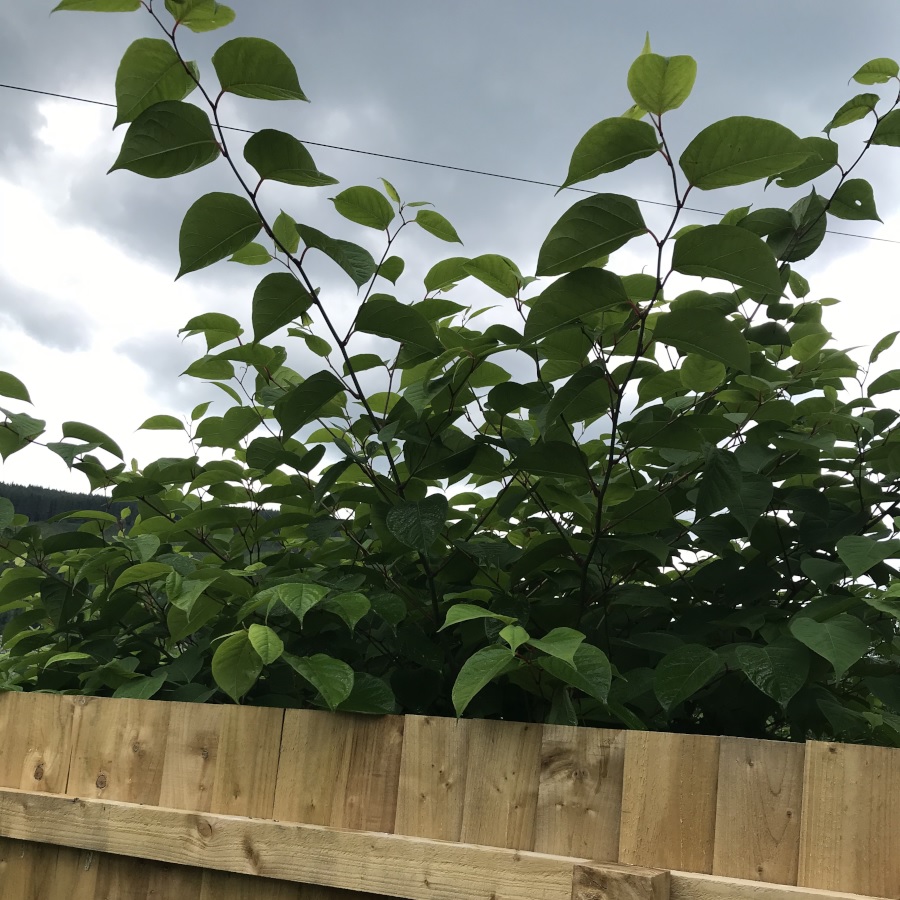
Have you noticed that more and more people are talking about Japanese knotweed lately? Well, there may be a good reason for the British public's growing interest in this invasive plant - the results of a recent study by Horticulture.co.uk suggest that the number of live Japanese knotweed cases in the UK has increased significantly in recent years.
The study states that confirmed UK cases have grown by 27.91% in the last five years, but that's just a national average - the increase is actually far higher than that in certain regions. South Yorkshire tops the list with a five-year increase of 77.19%, just ahead of Hampshire (+73.24%) and West Sussex (+72.22%).
And Japanese knotweed isn't just spreading fast in England. The top ten list also includes two Welsh regions: Powys (+61.93%) and Cardiff (+53.01%). There are currently hundreds of confirmed cases in both areas.
What does this mean for UK homeowners?
With Japanese knotweed appearing in more and more locations throughout the UK, it is important for homeowners to be vigilant and keep an eye out for this invasive weed.
A property that's affected by Japanese knotweed may prove difficult to sell; buyers are often put off by the plant's presence, and lenders will occasionally refuse to grant a mortgage on a knotweed-infested property. You should also be aware that, while it's not a crime to grow Japanese knotweed on your own property, you may find yourself on the wrong side of the law if you allow the plant to spread onto someone else's land.
Japanese knotweed (Fallopia japonica) is identifiable by its...
- Heart-shaped green leaves
- Bamboo-like stems
- Red and purple shoots sprouting in spring
- White flower clusters that appear in summer
Note that there are several plants that look like - but are not - Japanese knotweed. If you are concerned about a plant you've found growing near your property, please send us a photo and our knotweed experts will be happy to identify it for you.
How to Identify Japanese Knotweed >
What should I do if I find Japanese knotweed near my property?
If your property is affected by Japanese knotweed, it's a good idea to ask invasive weed specialist for some expert advice.
Japanese knotweed is not to be taken lightly - this plant is the subject of a number of laws and regulations, and amateur attempts to remove it frequently backfire and end up helping the weed to spread.
So we strongly recommend that you contact a qualified Japanese knotweed contractor before you take action. We at Total Weed Control are qualified to treat Japanese knotweed, and we have many years of experience with this troublesome plant; we are also registered with the Property Care Assocation (PCA), so you can trust our advice and the Japanese knotweed treatment plans we offer.
Our Knotweed Treatment Plans >
